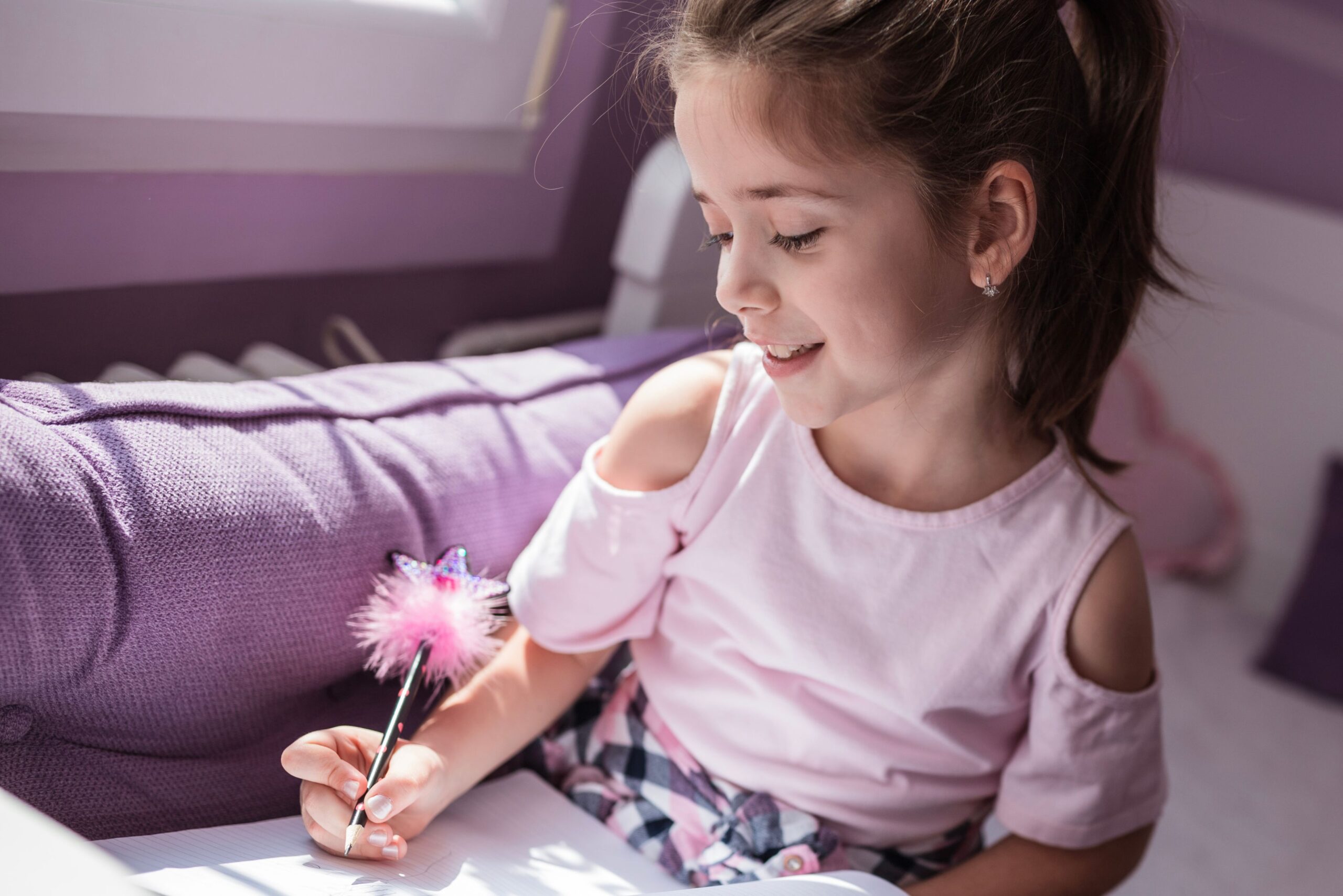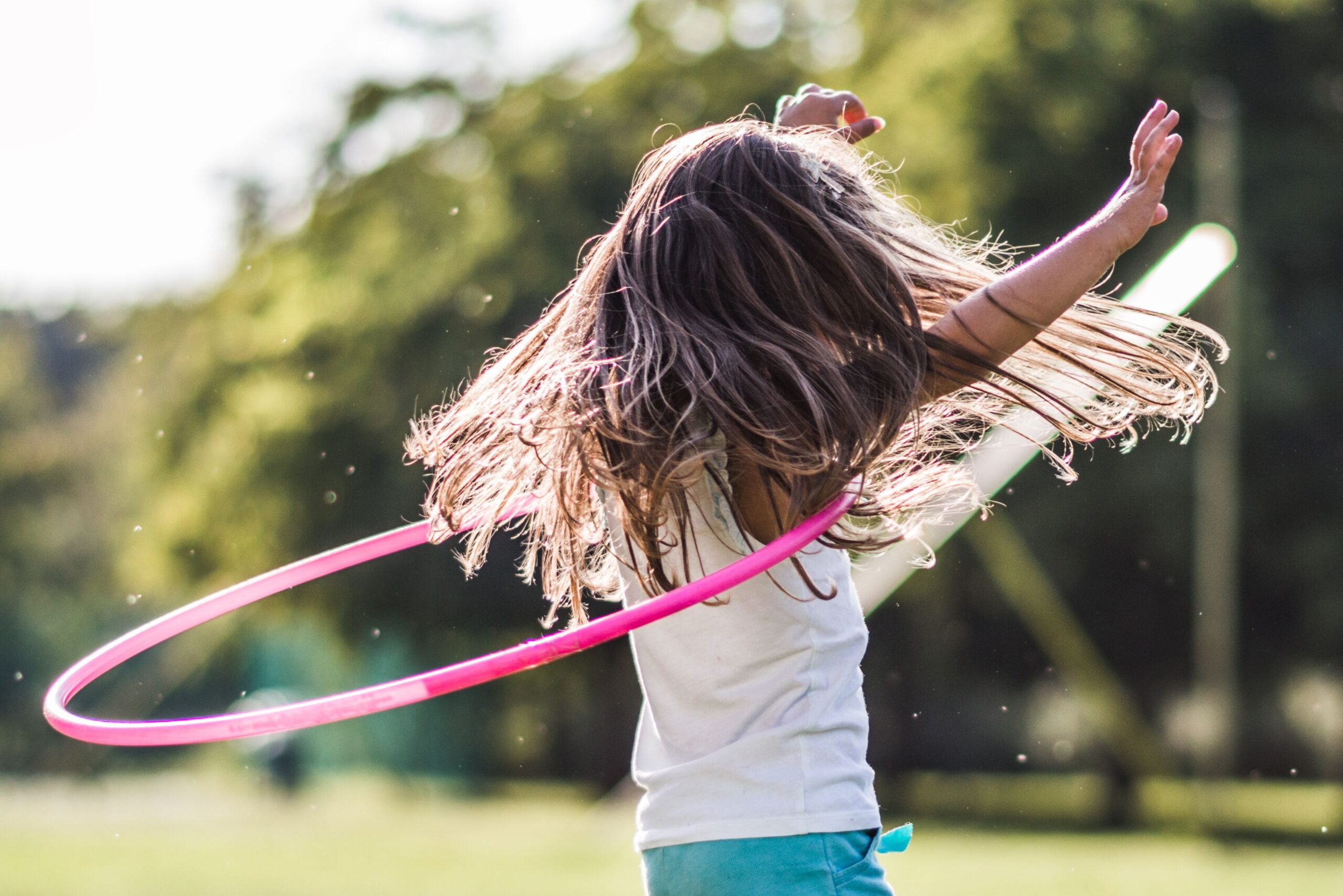By Lisa Dion LPC, RPT-S
In a world where we can be anything, the best thing to be is ourselves. It seems simple; after all, being us is suppose to come naturally. But this isn’t typically the case. In fact, obtaining authenticity isn’t always easy – there are many things that get in our way.
As play therapists, we must be aware of this as authenticity is extraordinarily important – it helps your sense of self and acts as the foundation of the relationship between therapist and child. And the reason for this is because, when it comes to inauthenticity, kids are onto it.
They know when you’re pretending, when you’re telling them what they want to hear, and when you’re being less than trustworthy. Children can feel incongruence. They sense it. Their “incongruence” radars go off telling them that something doesn’t quite add up and sometimes the thing that doesn’t quite add up is the therapist.
Yet, despite knowing that it’s important, authenticity is still something many people struggle to obtain. But, why? What is it that keeps us from fully committing to being ourselves? It’s sometimes any number of things, but three of the most common reasons include:
We let “the shoulds” win: The “shoulds” are like a pesky, judgmental Jiminy Cricket popping up to admonish us for doing things a certain way. They’re not always bad, but they often leave us deviating from our own truths in an effort to do what we think we “should.” When a therapist begins to take a deep look at their shoulds and really question their validity, they begin to find congruence in their own life. And that makes them more effective in each play therapy session.
We forget self-compassion: Many of us have a tendency to be harder on ourselves than we are on others. But compassion isn’t something that should be limited to those around you: give yourself a break too. It’s okay to make mistakes. There are seven and a half billion people on the planet and not a single one of them is perfect. Unless, of course, we define “perfect” as being human – if that’s the case, then we’re all perfect. Yay you and me and all of us from sea to sea!
We fail to cultivate authenticity: While it may seem as though “being yourself” takes no practice, that’s not the case. Like anything else, it’s a skill that must be cultivated and that starts with understanding what authenticity means to you and being intentional in your pursuit of it. Being true to you takes effort. It requires you to know yourself and to understand what drives you. Why do you do what you do? Why do you think what you think? It also requires a relationship with your body so that you can listen to the feedback it gives by letting you know when you aren’t being authentic.
If you become cognizant of the above and actively work to remove these obstacles from your practice, authenticity gets easier and easier. Then, one day, embracing your true nature becomes like second nature. And your children clients? They’ll dig this.
Interested in credits and courses delivered to your living room? Take a look at all our classes, available on our learning site.





